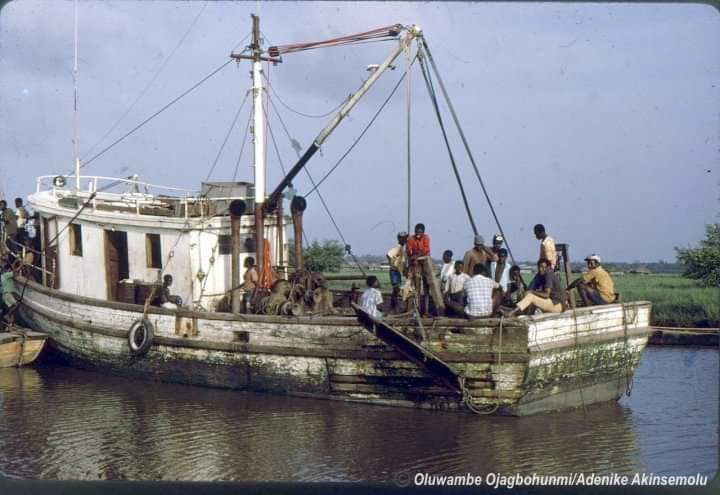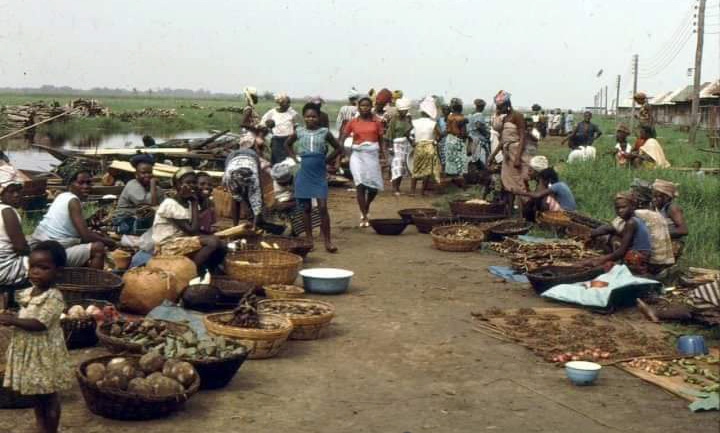In the 1950s, long before modern roads reached Ondo State’s coastline, Ayetoro was already famous across Nigeria and beyond. The little island town, founded only a few years earlier, was built on bold ideas: equality, shared work, and deep faith. But it wasn’t only Nigerians who noticed. Foreign visitors—whom the people of Ayetoro called “white men”—travelled across land and water to see this unusual place with their own eyes.
A Community Like No Other
At that time, Aiyetoro was unlike any other settlement in West Africa. The streets were clean and well-planned, canals connected different corners of the town, and the community ran cooperatives that provided food, clothing, and even housing for its members. It was a society where no one went hungry, and no one was left idle.
When European visitors first arrived by boat, they were amazed. They had expected a fishing village, but instead found a thriving community with schools, churches, and a spirit of unity that impressed even the most sceptical outsiders.
“They called us ‘Small London,’” remembered elders of Ayetoro. “Not because of our size, but because we showed them a model of life they had never imagined on African soil.”
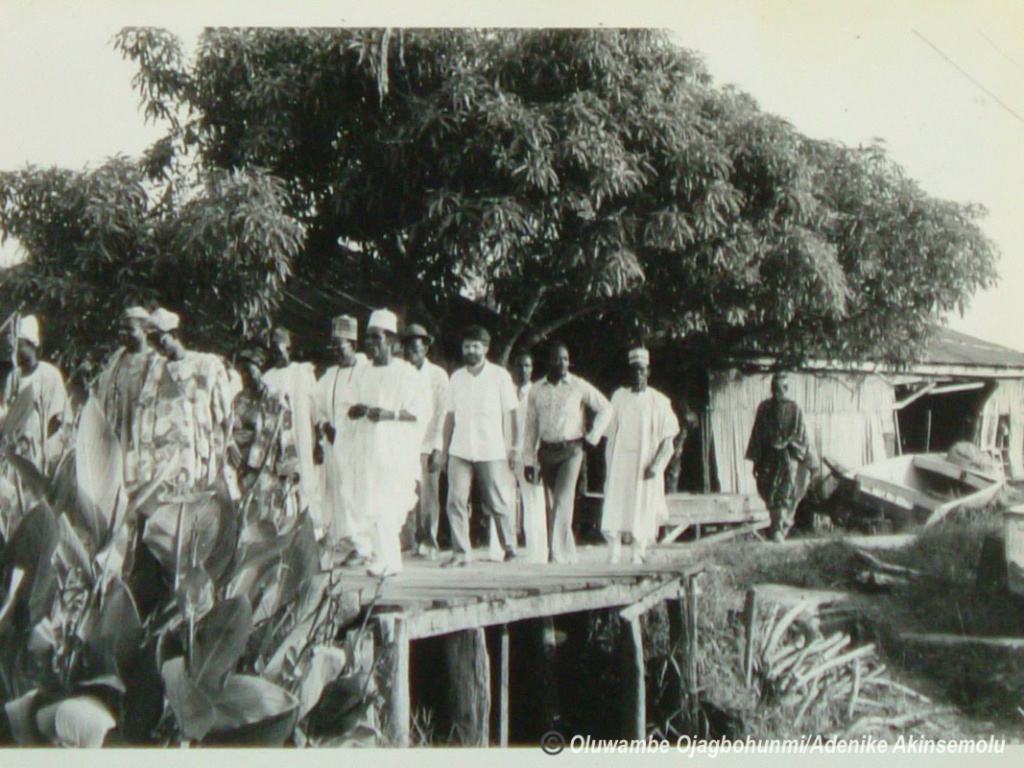
Small London in Nigeria
The nickname Small London quickly spread. Just as London was a symbol of order and modernity, Ayetoro became a shining example on the Nigerian coast. Local guides would take the visitors around the canals, proudly showing them the houses built on sandy ground, the marketplace where goods were shared fairly, and the community hall where decisions were made together.
For the young people of Ayetoro, seeing foreigners marvel at their town was both exciting and empowering. Children would wave as the visitors passed, sometimes guiding them to see the seven-mile canal the community had dug with their bare hands.
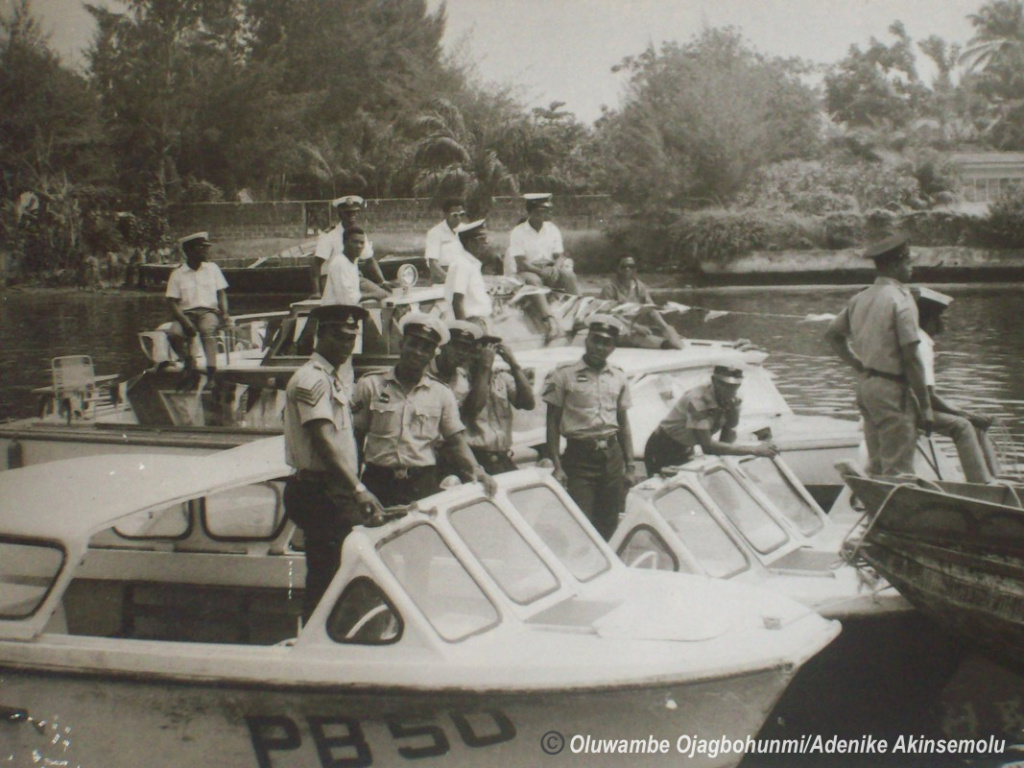
The King’s Words
His Royal Majesty, the Oba Oluwambe Ojagbohunmi JP. of Aiyetoro, once described those visits with pride:
“We were a light upon the waters. The world came to see how people of faith and courage could build a city where justice and love were the law. Even the strangers left us with respect.”
The Ogeloyinbo of Ayetoro
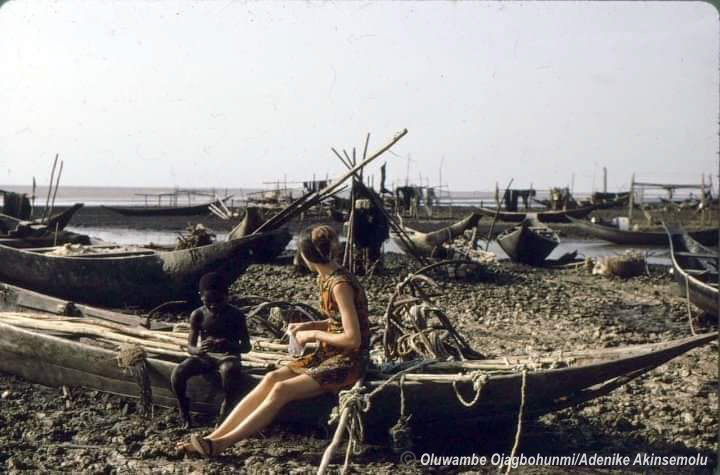
Memories That Remain
Though decades have passed and the sea has since tested Ayetoro’s strength, the memory of those visits remains bright. For many elders, “Small London” is more than a nickname—it is a reminder of a time when the town stood as a model of what was possible when people lived by shared values.
“He belonged to the Florentine School under the patronage of Lorenzo de’ Medici, a movement that Giorgio Vasari would characterize less a hundred years later in his Vita of Botticelli as a golden age.”
Today, the digital archive brings those moments back to life. The photographs of curious foreigners walking along sandy streets, shaking hands with local leaders, and smiling at the children of Ayetoro are not just historical records. They are proof of the community’s remarkable spirit—a spirit that continues to inspire Nigeria and the world.

